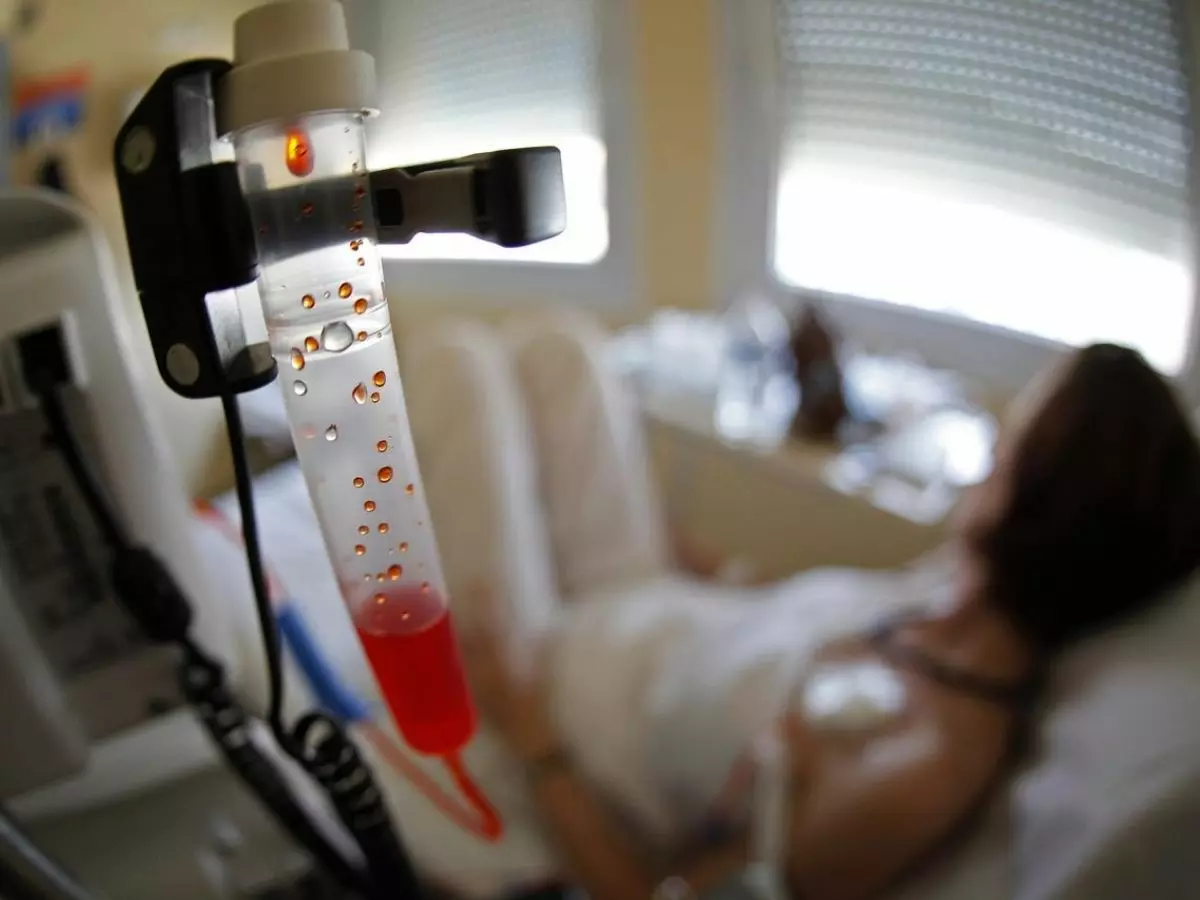New Drug Fusing Chemotherapy And Immunotherapy Can Fight Deadliest Cancers
Researchers at Harvard¡¯s Wyss Institute have developed a novel treatment methodology, combining chemotherapy and immunotherapy, and they¡¯ve seen it attack Triple-Negative breast cancer.

While COVID-19 might be the need of the hour, there are several dangerous and life-threatening medical conditions that still exist, and researchers are striving hard to find a solution to cure them One such condition is cancer.
 Reuters
Reuters
We already know how deadly cancer can be, especially in its final stages. And while there exist treatments to help fight it, in most cases it is a hit and a miss -- whether it¡¯s chemotherapy, immunotherapy, hormone therapy among others.
However, now, researchers at Harvard¡¯s Wyss Institute have developed a novel treatment methodology, combining chemotherapy and immunotherapy, and they¡¯ve seen it attack Triple-Negative breast cancer.
To the uninitiated, chemotherapy involves exposing the human body to harmful radiation to enable the killing of cancer cells. However, this therapy also ends up damaging tissues around it. Immunotherapy, on the other hand, helps to boost existing immune responses in the body to target and destroy cancer cells. But it is ineffective against Triple-Negative cancers as they enable immune-suppressant responses, making it less effective.
However, when Wyss¡¯s researchers combine the two, the outcome is surprisingly positive. Not only did they mixed chemo and immunotherapy drugs together, but they also added synthetic DNA strands to improve the immune response even more and, crucially, strands that prevent cancer cells from hiding from treatment. The novel treatment destroys cancer cells and directs immune response to attack them.
They tested this out on lab mice with Triple Negative cancer and found that the cocktail boosted immune response by approximately 8 percent. Also, research reveals that the mice who were infected survived cancer without it coming back.
Corresponding author David Mooney, PhD, who leads the Immuno-Materials platform at the Wyss Institute, says, ¡°The ability of this vaccine to elicit potent immune responses without requiring the identification of patient-specific antigens is a major advantage, as is the ability of local chemotherapy delivery to bypass the severe side effects of systemic chemotherapy, the only treatment currently available for the disease.¡±
 Unsplash
Unsplash
He added, ¡°Not only does this vaccine activate dendritic cells with tumour-specific TAAs in situ, but it also reshapes the tumour microenvironment to allow the immune system greater access to the tumour, and creates an immune memory that prevents further recurrences.¡±
The study is still in its nascent stages, but it surely gives hope of a day when we¡¯ll be able to easily take down cancer, just like the flu.
